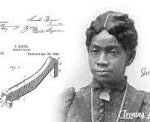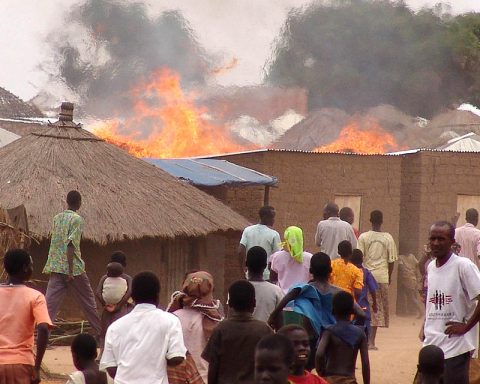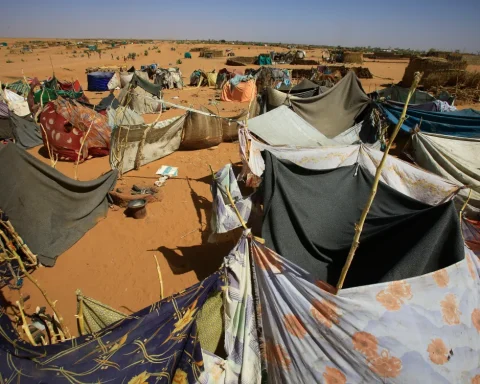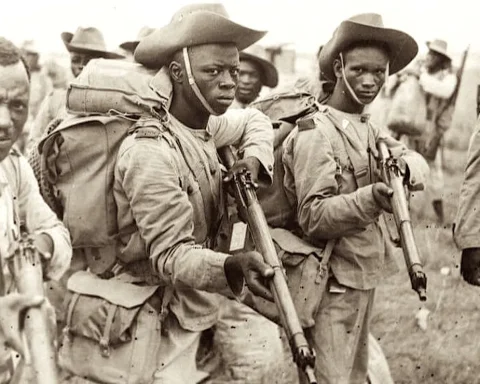Religious beliefs and practices across Africa are as varied as the continent itself. With over 50 countries and many different ethnic groups, each with its unique history and customs, Africa has a rich variety of spiritual traditions. However, trying to talk about “African religions” in a general way might make it seem like they’re all the same, which isn’t true. Instead, Africa has different kinds of religions, and they’re all influenced by the places they come from and the people who practice them.
While African religions have a lot of differences, they also share some common ideas. Many believe in a supreme creator who made the world but then stepped back and didn’t get directly involved in human life. Instead, people often pray to other spirits who act as go-betweens, passing on messages to the big boss upstairs. For example, some communities in West Africa pray to Nyame, the Creator, but they also focus on honoring their ancestors, who they believe look out for them.
Rituals are really important in African religions. People use them to keep good relationships with the gods and to ask for help when they need it. They might make offerings or perform special ceremonies at shrines or altars. Also, there are certain people called diviners, priests, or prophets who help others connect with the gods. Diviners read signs to tell people what the gods are saying, priests lead ceremonies, and prophets are like religious leaders who can see the future.
Stories and Symbols
African myths and stories often teach important lessons about how to live and what’s important in life. They might talk about things like twins or tricky characters who cause trouble but also make things interesting. These stories help people understand their place in the world and how to get along with each other and with the gods.
New Ways of Believing
In more recent times, there have been some new kinds of religious groups popping up in Africa. These might mix traditional beliefs with ideas from other religions like Christianity or Islam. Some are independent churches started by African people who want to worship in their way. Others are led by prophets or have a mix of old and new traditions. These new groups show how African religions are always changing and adapting to new circumstances.
Overall, African religions are a mix of different beliefs and practices that reflect the rich diversity of the continent. From honoring ancestors to seeking guidance from spirits, these traditions continue to play an important role in the lives of millions of people across Africa.
REFERENCE:
- Baldick, J (1997) Black God: The Afroasiatic Roots of the Jewish, Christian, and Muslim Religions. New York: Syracuse University Press.
- Doumbia, A. & Doumbia, N (2004) The Way of the Elders: West African Spirituality & Tradition. Saint Paul, MN: Llewellyn Publications.
- Karade, B (1994) The Handbook of Yoruba Religious Concepts. York Beach, MA: Samuel Weiser Inc.
- P’Bitek, Okot. African Religions and Western Scholarship. Kampala: East African Literature Bureau, 1970.
- Princeton Online, History of Africa
- Wiredu, Kwasi Toward Decolonizing African Philosophy And Religion in African Studies Quarterly, The Online Journal for African Studies, Volume 1, Issue 4, 1998









